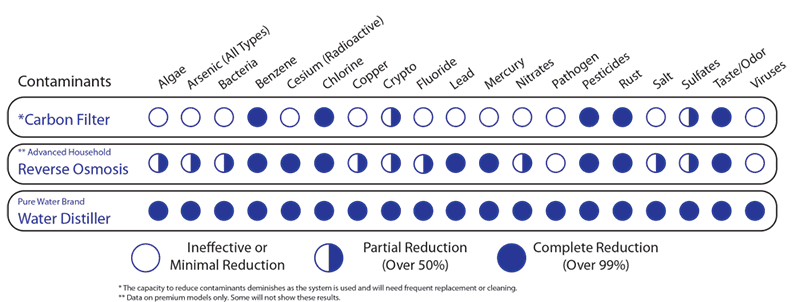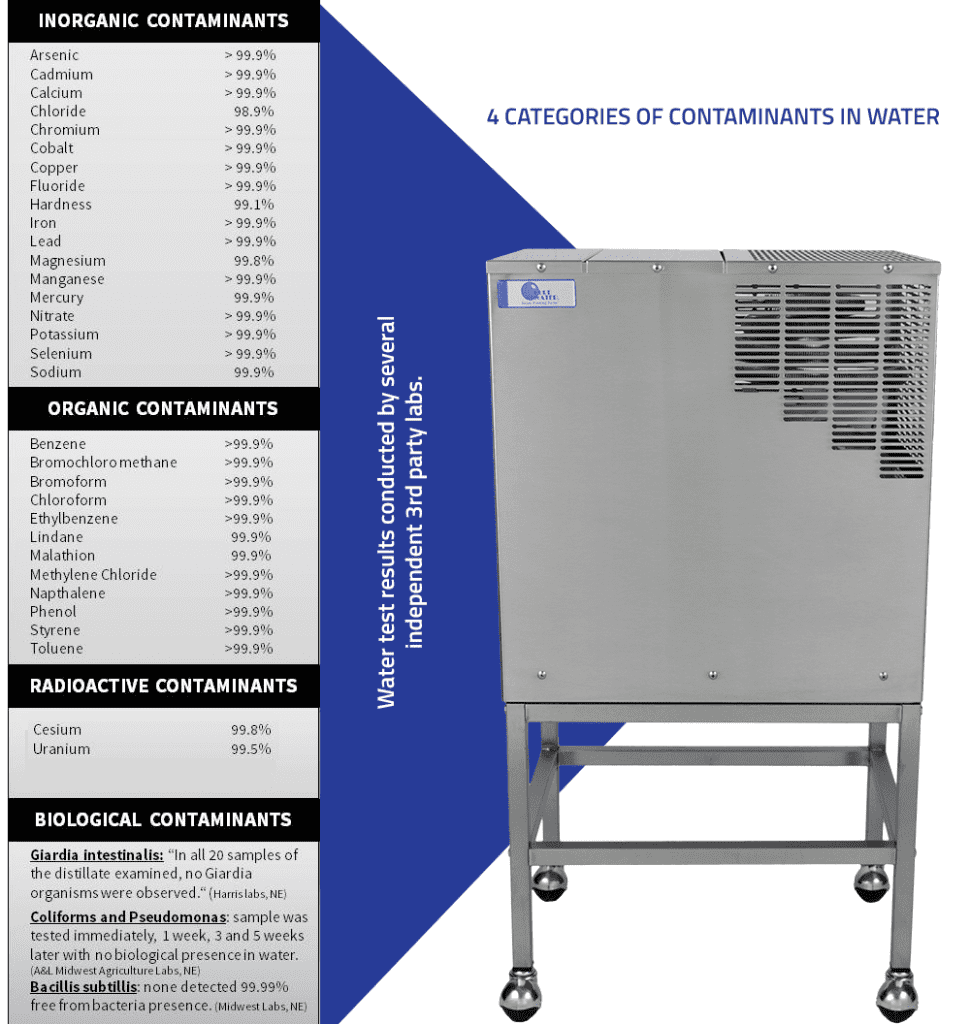If you’ve been keeping up with news about drinking water safety, you’ve probably heard about PFAs—those so-called “forever chemicals” that seem to be everywhere these days. Found in everything from non-stick cookware to water-resistant clothing, these man-made chemicals are now showing up in our water supplies. Understandably, many people are turning to household water filters to keep their drinking water clean. But can refrigerator filters actually remove PFAs?
What Exactly Are PFAs, and Why Should You Care?
PFAS, short for per- and polyfluoroalkyl substances, are a large family of chemicals designed to resist heat, water, and oil. They’re great for making products more durable, but not so great when they end up in our environment and bodies. Because they break down so slowly, they accumulate over time, raising health concerns. Studies have linked PFAS to cancer, hormone disruption, and weakened immune systems.
The Environmental Protection Agency (EPA) has issued health advisories for PFAS in drinking water, but removal rates can vary for traditional water treatment systems. That leaves many of us wondering how to protect ourselves at home.
Related Article: What You Need To Know About PFAS, including PFOS and PFOA
How Do Refrigerator Filters Work?
Most refrigerator water filters are designed to remove common contaminants in your water to improve the taste. They typically use activated carbon in granular form to reduce chlorine, sediment, and odors. Activated carbon works by attracting and holding onto contaminants, improving the overall quality of water. However, PFAS are tough.
PFAS can come in either short or long-chain structures, and their strong carbon-fluorine bonds can make them resistant to conventional filtration methods. Standard refrigerator filter removal rates are limited to capturing some of these chemicals. While they might handle common impurities, some PFAS compounds can often slip right through.
Do Refrigerator Filters Actually Remove PFAs?
The honest answer? Yes and no. Studies have shown that activated carbon in refrigerator filters removes PFAS from drinking water when used in a flow-through filter mode after particulates have already been removed. However, several factors can drastically change the removal rates of PFAS.
EPA researcher Thomas Speth explained, “Granular activated carbon can be 100 percent effective for a period of time, depending on the type of carbon used, the depth of the bed of carbon, flow rate of the water, the specific PFAS you need to remove, temperature, and the degree and type of organic matter, as well as other contaminants, or constituents, in the water.”
Refrigerator filters need regular replacement to maintain their ability to remove contaminants from your water effectively. If the filter exceeds the recommended replacement schedule, its efficiency in removing harmful contaminants like PFAS can decrease significantly.
The Key Takeaway: The Environmental Protection Agency confirmed that activated carbon filters in refrigerator filters work well on longer-chain PFAS structures like PFOA and PFOS, but shorter-chain PFAS like Perfluorobutanesulfonic acid (PFBS) and Perfluorobutyrate (PFBA) do not adsorb as well.
If you’re concerned about PFAs in your water supply—and you should be—it’s essential to stay on top of your refrigerator filter replacement schedule. Additionally, testing your water can reveal what your filter is effectively removing and what it’s not. For greater projection, consider investing in a system specifically engineered to tackle stubborn, hard-to-remove contaminants.
Related Article: How To Remove PFAS From Your Drinking Water
Better Ways to Remove PFAs from Your Water
Since refrigerator filters can have their limitations, what actually works against PFAs? The most effective method of contaminant removal is water distillation.
Water distillation is a highly effective and reliable solution. It works by vaporizing water and condensing the steam, leaving contaminants behind. MyPureWater distillers offer a reliable way to effectively remove short- and long-chain PFAS structures, heavy metals, and other harmful substances. Water distillation provides the highest purity level, leaving you with only clean water.
Related Article: Why You Should Take Control of Your Drinking Water
Why You Should Test Your Water Regularly
It’s smart to test regularly to find out exactly what’s in your water. Home test kits can give you a general idea, but for detailed results, sending a sample to a certified lab is the best option.
Knowing your current water quality will allow you to know if your current refrigerator filter is meeting your water quality needs. If PFAs are present, a solution like water distillation can offer peace of mind, knowing you and your family are protected from contaminants.
Protecting Your Family Starts with Clean Water
Refrigerator filters are convenient for removing some contaminants and improving the taste and smell of your water, but they don’t provide complete protection. If you want to safeguard your health, a more powerful solution is worth considering. MyPureWater distillers are a smart investment, offering effective removal of PFAs (>99.9%) and other dangerous contaminants in your water supply.
By staying informed and choosing the right filtration system, you can protect yourself and your family from the hidden dangers in your water supply.





Hi, does distilling water also remove microplastics?
We are currently doing testing on this very thing. Distilling water does remove microplastics, but we are gathering the exact data and will be able to share soon!